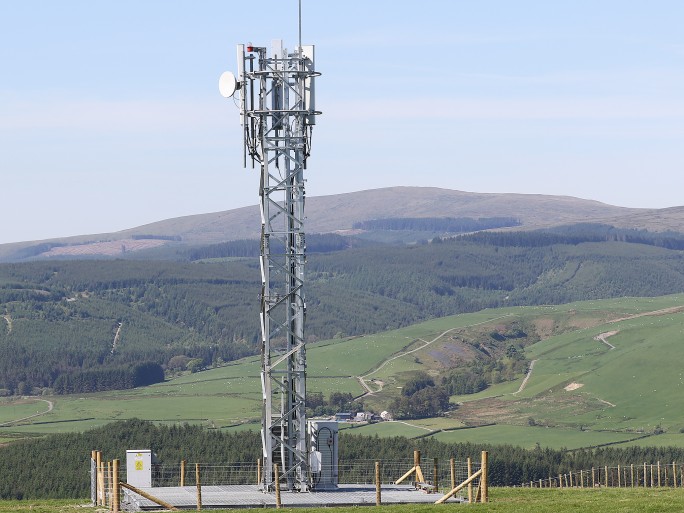Government, Operators Target Not-Spots With ‘Shared Rural Network’

No more rural not-spots, after the government and mobile operators pledge a £1 billion plan to create a ‘Shared Rural Network’
The government has announced that it is working with all four major mobile operators to deliver 95 percent 4G coverage via a ‘Shared Rural Network’ (SRN) programme.
The scheme will see the four main mobile networks contribute £530m for the SRN, with the government potentially adding another £500m once the deal is finalised.
The idea is to all but eliminate the mobile not-spots that have plagued rural and semi rural communities for years. In December last year, Ofcom warned that while broadband and mobile services have improved in the UK, large areas – and particularly rural areas – were still “poorly served”.
![]()
Shared rural network
“The move will bring 4G coverage to 95 per cent of the UK by 2025 and be a huge boost for consumers,” announced the government.
It said that Digital Secretary Nicky Morgan is supportive of a £530 million proposal from the UK’s mobile network operators for a Shared Rural Network with the potential for it to be matched by £500 million investment from Government.
“This would be a world-first deal with EE, O2, Three and Vodafone investing in a network of new and existing phone masts they would all share,” the government said. “It follows Government proposals for an overhaul of planning rules and is part of the Prime Minister’s plan to level up the country with world-class digital infrastructure across the country to make sure homes and businesses are better connected.”
“We are determined to make sure no part of the country is left behind when it comes to mobile connectivity,” explained Digital Secretary Morgan. “Brokering an agreement for mast sharing between networks alongside new investment in mobile infrastructure will mean people get good 4G signal no matter where they are or which provider they’re with.”
“But it is not yet a done deal and I want to see industry move quickly so we can reach a final agreement early next year,” she warned.
The deal would see all four operators team up to create a new organisation to deliver the SRN. It would allow all four operators to host equipment on all existing and new mobile masts.
The government believes it would also mean additional mobile coverage for 280,000 premises and 16,000 kilometres of roads.
The government also pledged that any government-owned mobile infrastructure built as part of the Emergency Services Network will also be made available to all four operators, taking full advantage of government assets.
This is expected to contribute to the coverage target by delivering up to an additional 2 percent of geographic coverage per operator, in some of the most remote, rural locations.
Operator response
“There is no other scheme like this in the world,” said Vodafone CEO Nick Jeffery. “It will spell an end to annoying mobile ‘not spots’ for hundreds of thousands of people living, working and travelling in the more remote parts of the UK.”
“These proposals represent a step-change in the way that mobile coverage is delivered,” admitted Telefonica UK (O2) CEO Mark Evans.
“This ambitious proposal combined with critical Government support, will remove the key barriers to tackling the tricky not-spot problem, ensuring people and businesses right across the UK get access to the digital connectivity they need, wherever they are,” said Marc Allera, CEO of BT’s Consumer division.
The move has also been welcomed by the UK communications watchdog.
“We warmly welcome these commitments, which follow detailed discussions between Government, Ofcom and the mobile operators,” said an Ofcom spokesperson. “These improvements will make a real difference to mobile customers across the UK, and we’ll ensure they’re legally binding by writing them into operators’ licences. We will also monitor and report on companies’ progress in achieving better coverage.”
“Separately, we will shortly set out revised plans to release more airwaves for mobile services next year,” said Ofcom spokesperson. “In light of today’s agreement, we are no longer proposing to include coverage requirements in our auction process. We will now press ahead, with industry, on the urgent task of getting better mobile services to people wherever they are.”
How much do you know about UK mobile operators? Try our quiz!